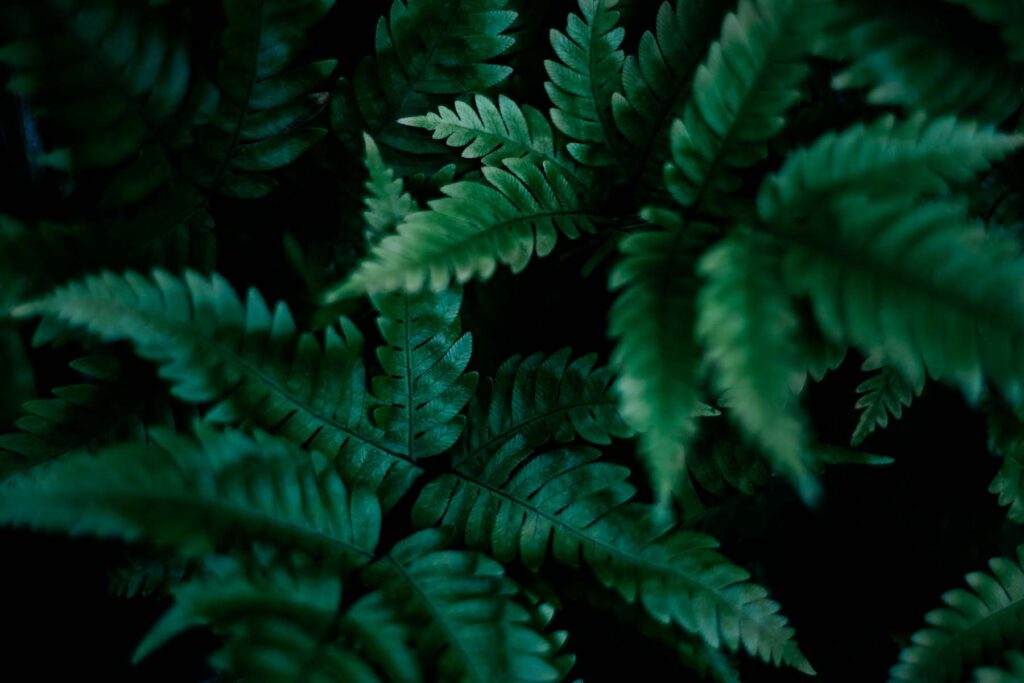The future calls for a more intelligent use of biomasses than today. This was clear from a presentation given by the Danish company NIRAS (www.niras.dk) at the FRACTION Roundtable meeting on June 1st. NIRAS gave three examples of biobased processing from Denmark:
Processing of fresh-cut grass to produce powdered grass protein concentrate as feed for monogastric animals. This process generates side streams of grass fibres and brown juice from the pressing of the grass. The fibres could potentially be used for textiles and the brown juice as a fertilizer or a fermentation medium, however, the current uses are for cattle feed and biogas, respectively.
A new multipurpose biorefinery will be established in Region Zealand (Denmark) during 2023 under the name Baltic Plant Solution. The new biorefinery will have multiple sites and provide space for testing and processing in scales from lab to demonstration. Baltic Plant Solutions is targeted at side streams from food processing, lignocellulosic biomasses, and green leaves (e.g., from sugar beets). The scope of the multipurpose biorefinery is to make available facilities and knowhow to connect the value chain from biomass to market, including support for start-ups.
The third example was the upcycling of sawdust from the Danish furniture and wood industries. There is ca. 150,000 tons available per year of this biomass in Denmark. It could be considered a waste of molecules not to use this biomass to produce e.g., textiles, fibre composites or bio-plastics.
The key message of the presentation was that, it is fundamental to achieve a business case for the core product of the biorefinery and find ways to significantly derive value from the side streams. This approach is evident in FRACTION as the project aims at developing a process to use side streams from a lignocellulosic biorefinery to make high-value building blocks for diverse applications. Another equally important finding from the presentation was that, abundance of biomasses is available and that it important to recognize biomasses as a material for valorisation, not as a waste.
Author: Karen Hamann, IFAU
